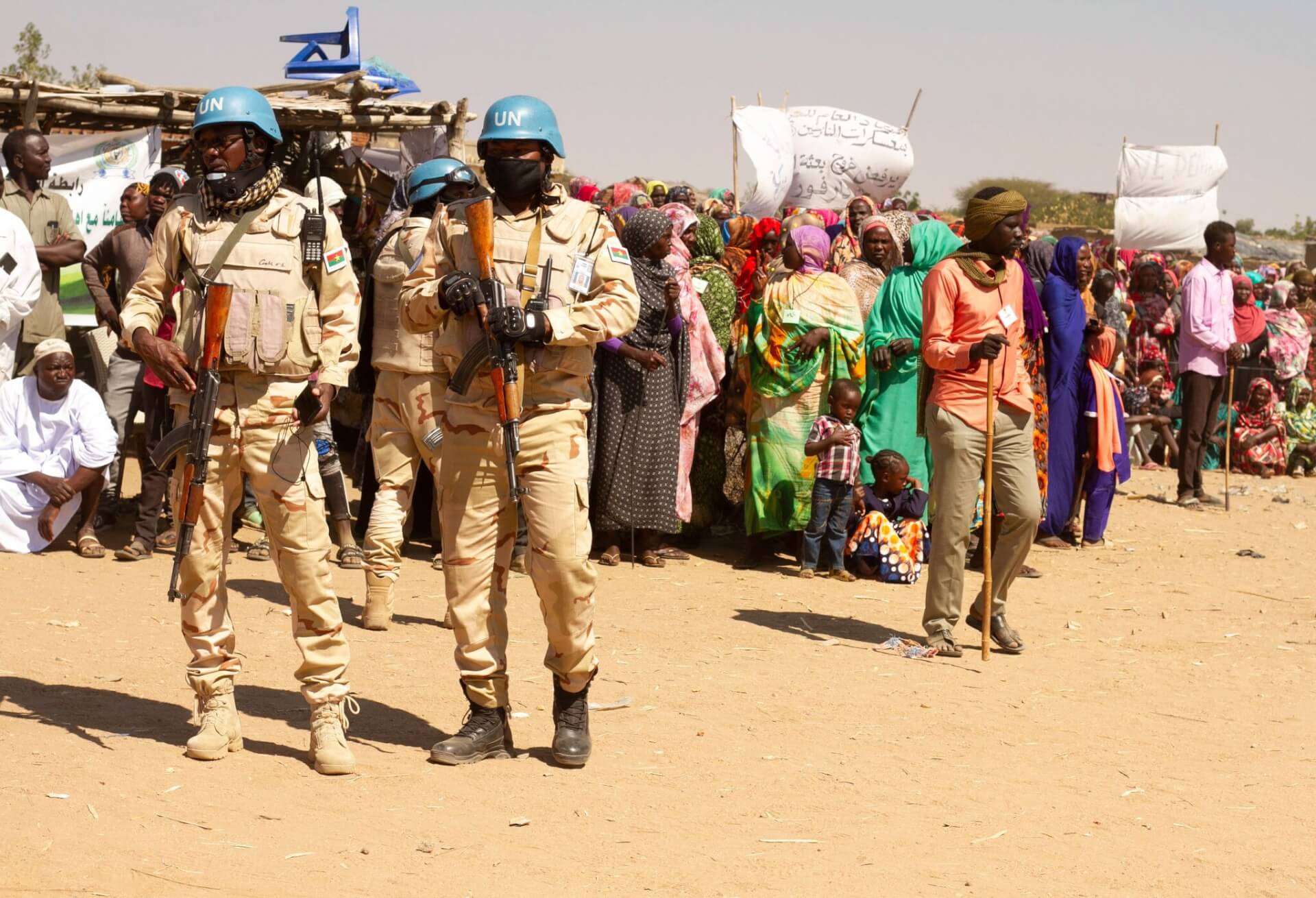Fighting between Arab and non-Arab ethnic groups in Sudan’s Darfur region since last week has resulted in the deaths of at least 168 people, including women and children, in one of the deadliest instances of violence in the region in years, a Sudanese aid group said on Sunday. The clashes come at a time when Sudan has been wracked by political turmoil since the military ousted the civilian leadership in a coup last year.
According to the aid group, clashes erupted after two Arab herders were killed in West Darfur’s Kereinik region by unknown attackers. Per reports, eight people were killed on Thursday and the following day Arab Janjaweed militias attacked a refugee camp in the area.
According to the latest information, militants with heavy weaponry launched multiple attacks on Kereinik on Sunday, taking the death toll to over 160 and wounding nearly 100 people. Adam Regal, a spokesperson for the General Coordination for Refugees and Displaced in Darfur, said the Janjaweed torched and looted several properties in the area. He noted that the fighting lasted for several hours and has already displaced tens of thousands of people.
Meanwhile, officials in West Darfur have said that over 100,000 people have been displaced as a result of recent attacks, although the exact numbers are not clear.
“The Sudanese government failed to stop mass killings, raping, displacing people, burning, arrests and torture,” Regal’s group said, adding that the government is “in cohort with armed militias, supporting them with cash and hardware, and provides them with legal immunity.”
The clashes have been condemned by the United Nations (UN). In a statement released by the UN Integrated transition Assistance Mission in Sudan (UNITAMS), UN Special Representative for Sudan Volker Perthes “deplored the heinous killings of civilians” in Kereinik and called for an “immediate end” to the violence.
Perthes also urged Sudanese authorities to conduct an “in-depth and transparent investigation, the results of which should be made public and help to identify the perpetrators of violence and bring them to justice.” He added, “Free, safe and unhindered humanitarian access is urgently needed. The UN in Sudan stands ready to provide aid to those in need.”
SRSG @volkerperthes deplores heinous killings of civilians in Kereneik, West Darfur, and calls for immediate end to violence and in-depth investigation
— UN Integrated Transition Assistance Mission Sudan (@UNITAMS) April 24, 2022
UN reminds authorities & armed groups of their international legal obligation to protect all civilianshttps://t.co/EOHmdiaNPE pic.twitter.com/U2wG3VBeMU
Although the Sudanese military dispatched troops to West Darfur to restore stability, regional authorities said that the government has only partially responded to its demands for greater military aid. A local official told Sudan Tribune that authorities in Khartoum have begun to realise the nature of the problem in Darfur, which has been in crisis for years.
Tensions have been escalating in Darfur and ethnic clashes have frequently occurred following the complete withdrawal of the United Nations-African Union Mission in Darfur (UNAMID) in July 2021. UNAMID handed over the responsibility of maintaining Darfur’s security to the Sudanese government.
Making matters worse, the civilian government was ousted in a coup by the military in October 2021. Military chief Gen. Abdel Fattah al-Burhan dissolved the government and declared a state of emergency after arresting PM Abdalla Hamdok and other civilian leaders. Burhan said the coup was meant to ensure Sudan’s stability, which was jeopardised due to infighting between the military and civilian parties. However, Sudan’s political crisis has refused to die down, as the military has shown no will to give up control despite international pressure and nationwide protests.
Observers have noted that with the ongoing political strife in Sudan, the situation in Darfur is returning to the violence that ravaged the region during the reign of former dictator Omar al-Bashir.
The Darfur conflict began in 2003 when local rebels launched an insurrection to protest Khartoum’s discrimination against Darfuris and the region’s non-Arab population. In response, the Bashir government unleashed local Arab militias, known as the Janjaweed, to fight the rebellion. The Janjaweed carried out mass atrocities against Darfur civilians, including rape, ethnic cleansing, and torture. Reports suggest that around 300,000 people were killed and 2.7 million were displaced during the conflict.

